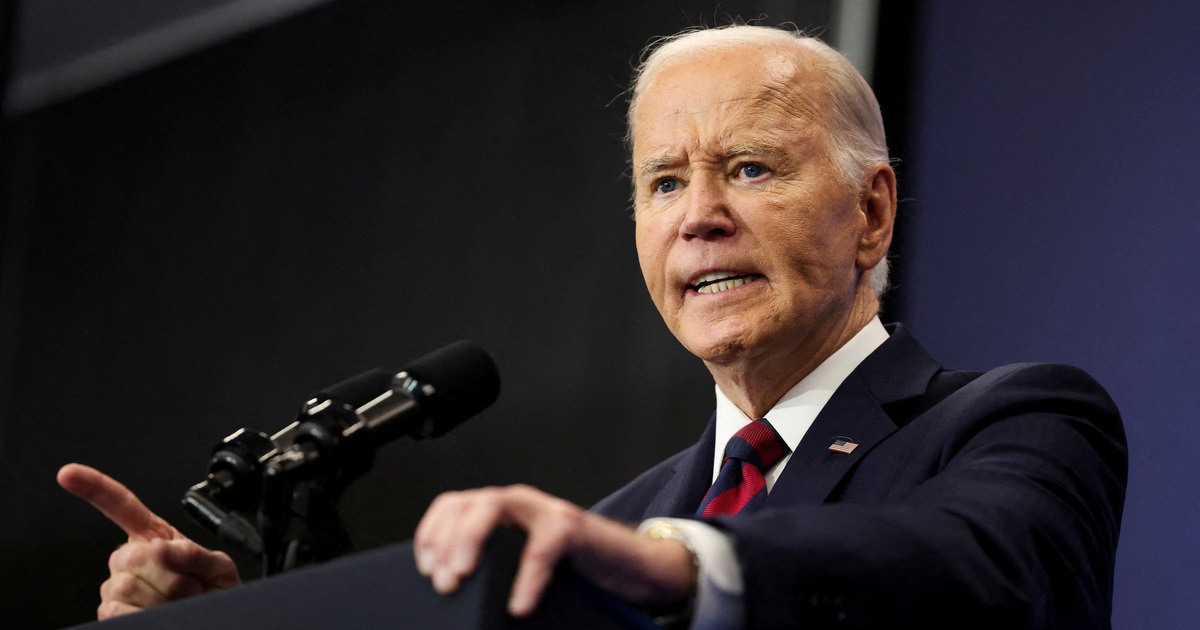Seen from progressive positions, contemporary Europe is a depressing reality. The far-right tide is advancing on almost all the beaches, with their dark waters. A popular European family dominates the scene, one of the worst in memory, with some indistinguishable incarnations of the most petty and ignorant Trumpism – such as the Ayusista current in Spain – or with horrible instincts in matters of human rights – such as those of Friedrich Merz, probable next Chancellor of Germany, who proposed cutting short the granting of asylum to Syrians and Afghans after an isolated criminal act in September. The liberals accumulate serious stains on their shirt. The German hawk Lindner first sank his party, and then his coalition. President Macron has a roadmap with heavy-gauge black holes, like that immigration reform voted for even by Le Pen. All of this being true, it is also advisable to take a good look at the progressive shores, which are not pristine.
France
President Macron has earned sacrosanct criticism for many mistakes and his management of the results of the last elections is unsatisfactory and debatable. However, when the president’s errors are fulminated from the left, recognition of their own failures is often missing. To begin with, the invocation of a kind of moral legitimacy to obtain a government mandate from the leftist coalition is far from being a right and should be given greater consideration. To begin with, because it lacks about a hundred seats to have an absolute majority and because centrists and the traditional right, together, add up to more. If these two together support someone, do they have more or less legitimacy than the left coalition with fewer deputies? This question does not have a clear constitutional answer and nor is it intended to say that there is a clear political answer. But, at the very least, different arguments should be carefully weighed, recognizing the weight of the reasons of others. Here there are no holders of revealed truths and higher rights.
Despite this, there is one who does seem to believe he has them, and others who have followed his game. Jean-Luc Mélenchon, head of La Francia Insumisa, has stated interesting things in interviews with this newspaper. In the first, shortly after the elections, he warned that he would not renounce the full application of the leftist program. He only has 71 deputies, his coalition is missing about a hundred, as we said, for the absolute majority, but he claimed the responsibility of governing for his people with that maximalist position. A few days ago, he declared: “Democracy is not consensus!” It is worth asking then what it is when popular sovereignty results in a fragmented parliament.
The feeling is that Mélenchon puts his aspiration to reach the Elysée before the collective interest of the French, and the rest of the left has been dancing to his beat until recently: we will see what he will do now, among some symptoms of awakening of the French PS. Unfortunately, for Mélenchon, her presidential candidacy seems to horrify the French even more than Le Pen’s, so an eventual duel between the two in the second round would have many signs of catapulting the far-right to the Elysée.
Finally, it is worth noting the progressive coalition’s obsession with repealing Macron’s pension reform, which raised the retirement age from 62 to 64. France is a country with destroyed public accounts. Although its demographics are better than those of other European countries, aging is advancing strongly. It is understandable that the measure is not liked, but the indignant opposition smacks of populism at the expense of future generations. Nobody in the pragmatic Spanish PSOE would consider a retirement horizon as early as the French left outraged with the Jupiterian president. Perhaps a more pragmatic and constructive attitude would have yielded better results for France’s progressives—and the French.
Germany
Olaf Scholz had the right reaction after the invasion of Ukraine, overcoming the inertia of German history and, above all, of his own party, to embrace a change of mentality in which Germany would have to assume greater responsibility for defense and security. His coalition handled the Russian energy disconnection relatively effectively.
But its balance sheet is plagued by serious flaws. Of course, they are not all your responsibility. The tripartite coalition reduced its agility. But this does not exempt him from being accountable for some things. Not only has the transition he promised in terms of Defense been slow and inefficient. Scholz is increasingly playing the role of supposedly prudent leader—which has included an astonishing call to Putin—and who in reality has a lot of resemblance to an electoral calculation with the Ukrainians as an element of the game. Your Government’s hesitations regarding the application of the arrest warrant issued by the International Criminal Court against Benjamin Netanyahu are unacceptable. The suspension of the application of Schengen at all land borders is another very disappointing measure. Overall, Scholz has not been able to lead the transformation that Germany needs.
Spain
The progressive coalition in power for more than five years accumulated an excellent reformist record in the previous legislature. He has presided over an admirable phase of expansion of rights and a good economic recovery after the disaster of the pandemic – although, once corrected for the increase in population, some figures are less brilliant than they seem. On his way, he faces a parliamentary right in which it is difficult to find scruples, supported by militant media sectors to the point of ignoring the phrase opinion pluralism and by sectors of the judiciary dedicated to anti-government activism that is not illegal, but is democratically disloyal.
But these important positive elements of his balance sheet—and the execrable features of the opposition—do not exclude serious failures of his own. The amnesty for Catalan secessionists is what it is: a crude barter to stay in power. It may not be unconstitutional—as many on the left maintained before it was necessary to preserve seats—but the sudden conversion on the Damascus road tastes bitter. A flavor similar to the attempts to reform the financing of Catalonia, which do not respond to the general interests but to those of some. Along the same lines are a series of appointments whose partisanship is of such caliber that it erodes general confidence in the institutions or attempts to guarantee democratic neatness, which are activated only when it suits one party and cooked, instead of with a process broad and inclusive, with the impetus from the cell of the maximum executive power. The rules of democracy should be designed and reformed with broad consensus, otherwise they do not have much promise. The commendable defense of Palestinian rights becomes less brilliant when one sees the attitude towards Morocco and its occupation of Western Sahara.
The list could continue analyzing the performance of other European progressive formations, but it would be too long. In no way does this mean that this column believes that the failures of the left are comparable to those of the different rights. The ultras, in particular, are an abhorrent democratic threat. The popular ones, for their part, are expanding a very disappointing record or, as in the Spanish case, directly reprehensible. In no way is it intended to affirm that, in many cases, there were easy alternatives. But the progressive European universe needs to do a healthy exercise in self-criticism, not only about distant errors of excessive permissiveness with capitalism, but about its present. Perhaps the successful resistance against the right – so necessary – begins more there than in short-lived tactics.







